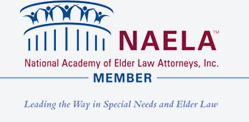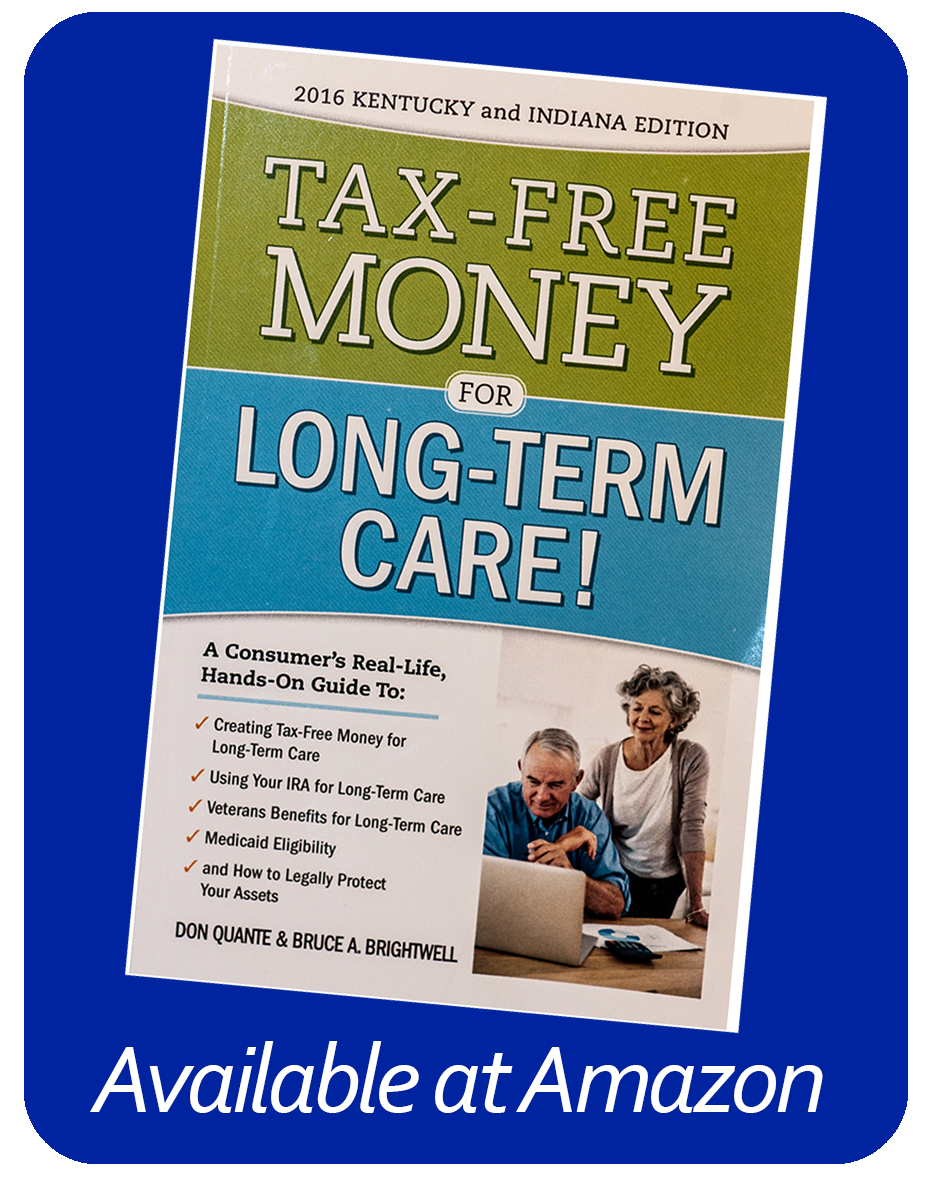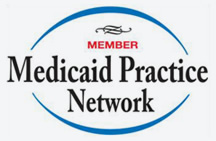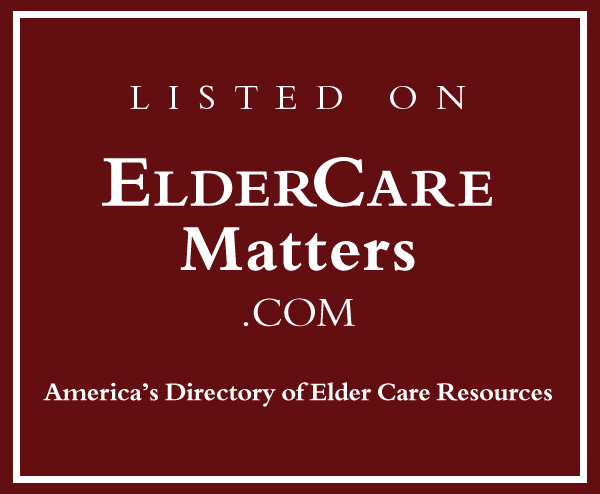When a nursing home resident who has received Medicaid benefits dies, the state’s Medicaid agency may attempt to recover unpaid Medicaid nursing home expenses from the resident’s estate. While there are federal laws and regulations governing recovery from a Medicaid recipient’s estate, each state is allowed to establish its own recovery guidelines. For example, a state may elect to restrict recovery to estate assets as defined under the state’s probate laws and codes. If so, the estate generally includes include all of the resident’s real and personal property that passes by will or by the state’s intestate succession laws. The State may also expand its definition of “estate” to include other assets such as unused burial funds, other cash, joint ownership interests, annuities, and trusts.
To be eligible for Medicaid benefits, the resident’s income and resources must be at very low levels. Thus, upon the resident’s death, the resident’s retained assets may be of little value. The state’s Medicaid agency may choose not to even seek recovery if the asset value is so low that it would not be cost effective to do so or if the unpaid Medicaid charges are considered de minimums. The state’s Medicaid agency will delay recovery if the resident has a surviving spouse or dependents such as a child under the age of 21, a disabled child, or a blind child.
Given the Medicaid eligibility rules, the resident’s home will often be the only estate asset that has any significant value. If that is the case, Medicaid may or may not decide to file a lien against the resident’s home. The lien cannot be enforced or the house ordered sold if the resident has a surviving spouse, a minor child, and/or a blind or disabled child. If an adult child who is neither disabled nor blind has been living in the home and taking care of the resident for a specified number of years prior to the resident’s placement in a nursing home, the lien may not be enforced if the adult child continues to live in the home after the resident’s death. The lien also cannot be enforced if a sibling was residing in the home for at least a year before the resident was admitted and continues to live there after the resident’s death.
For a majority of states that are not exempt from federal Medicaid recovery provisions, federal guidelines now state that recovery should be sought from a deceased resident’s estate if she had a long-term health care insurance policy and those policy benefits were disregarded in determining eligibility.
As mentioned, the Omnibus Budget Reconciliation Act of 1993 allows each state to define the term “estate.” Thus, each state’s laws must be consulted to determine what types of ownership interests would be included in the resident’s estate for purposes of Medicaid recovery. In some states, jointly owned property or trust assets that pass directly to the joint owners or trust beneficiaries may not be targeted for Medicaid recovery because they were never a part of the resident’s estate and did not pass by will or intestate succession. In some states, however, non-probated assets such as annuities are available for recovery of unpaid Medicaid benefits. Even in those states, recovery may only be obtained from the resident’s joint ownership interest and not from the other joint interest owners.
The Medicaid agency becomes an estate creditor upon filing a claim against the estate. Other creditors’ claims and death expenses may take priority unless state law provides otherwise.
There may be instances where recovery would cause significant and undue hardship. Each state has to establish procedures for waiver of recovery if undue hardship is claimed.






